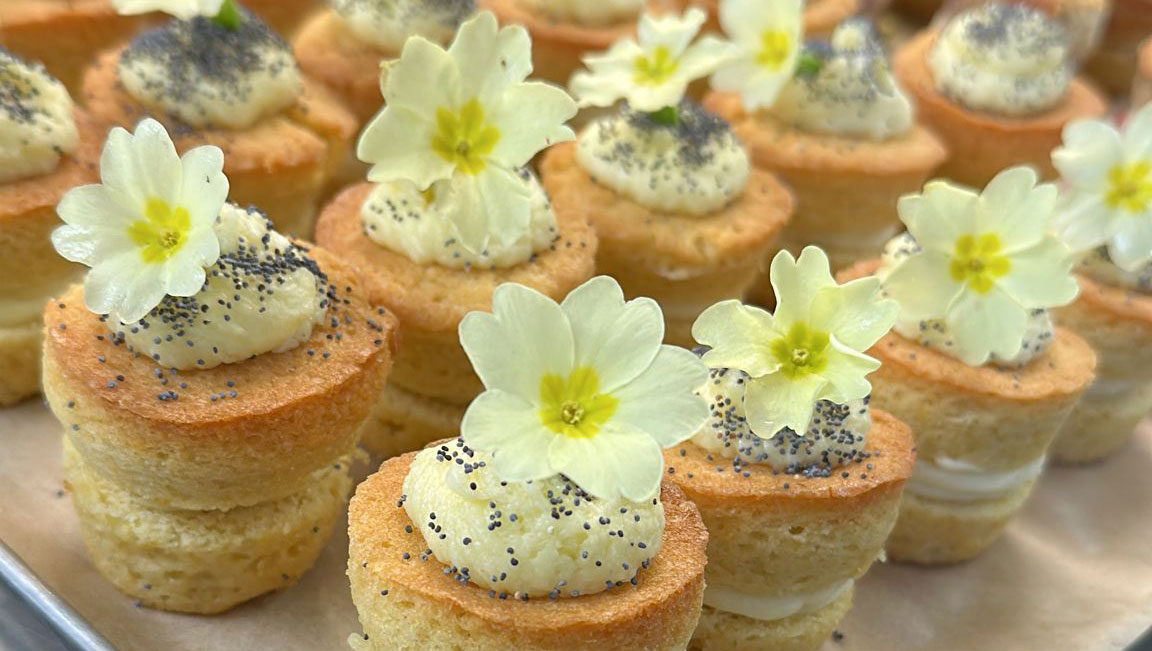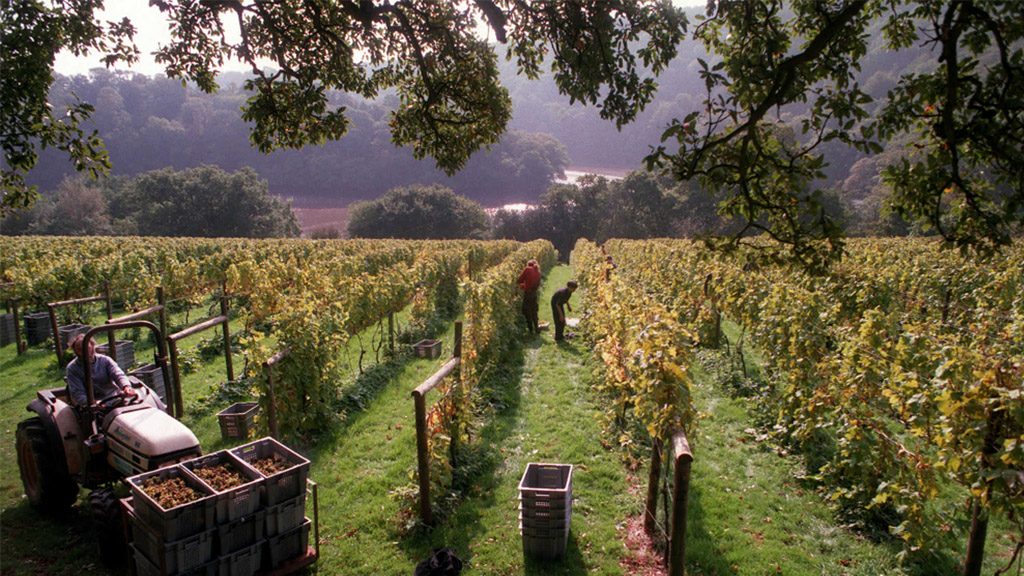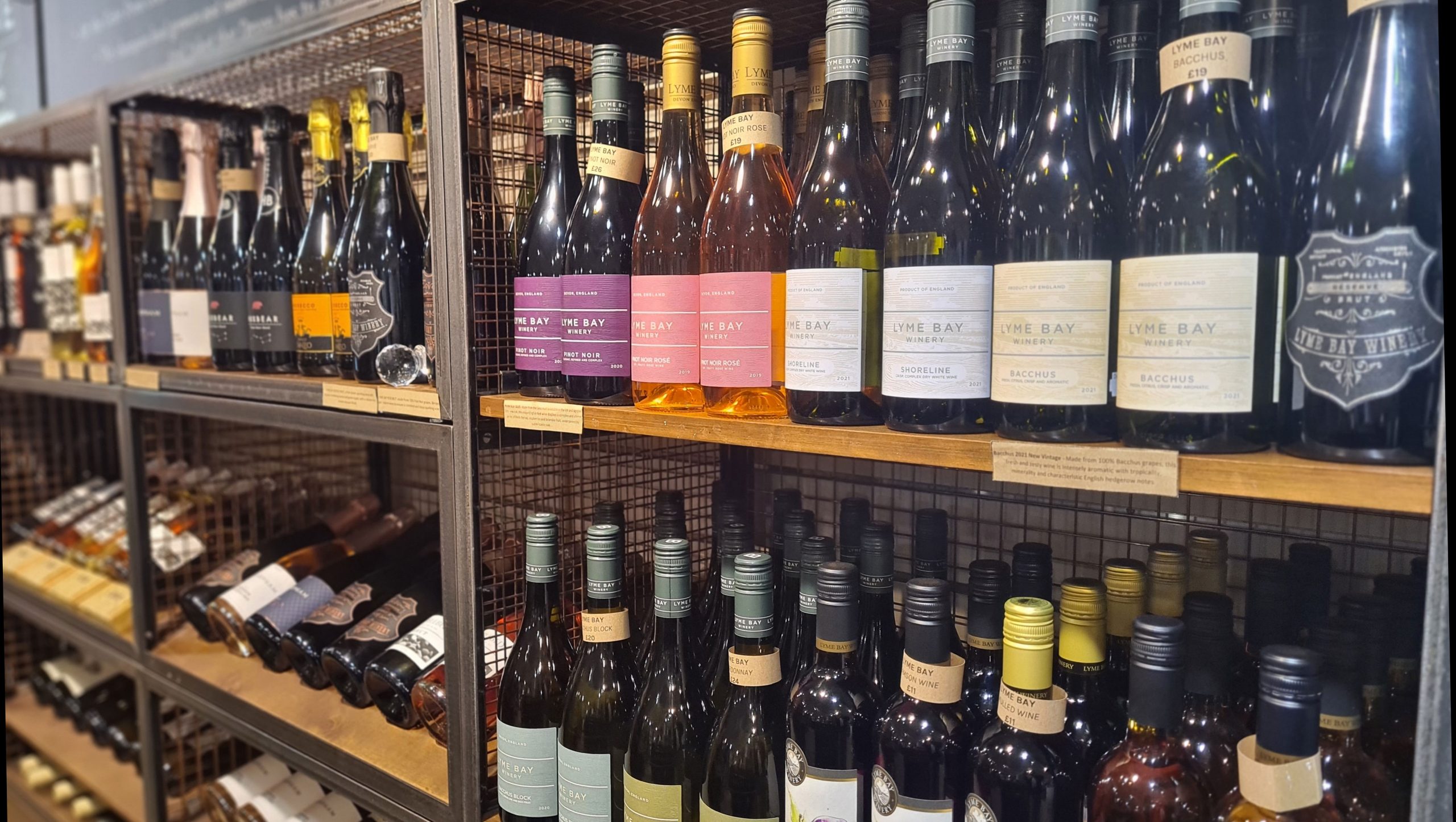
Tara Vaughan-Hughes
Tara, the Food Strategy Lead for Dartington, links our food areas across the estate (retail, pub, cafe, and higher learning) to create and maintain a sustainable food system that aligns with our current and future aspirations.
Oh, how sweet it is…
Sophie and her crew made some little cakelettes the other day, and the finishing touch was a little jaunty primrose set atop the frosting on each one. They were beautiful and delicious. But someone wasn’t happy.
Karen, one of the bakers, was upset that we had picked so many primroses.
‘But there are loads of primroses in the field!’ I protested.
Well, according to Karen, it turns out that this may not be the case. She has been learning a bit about it.
To put it simply, when you have fewer wild flowers (even just by picking 68 of them, as we did), you increase the distance between them, and that makes it harder for pollinators to easily access food, especially this early in the season. This means that the pollinator population will struggle and decline, and that means fewer flowering plants. And fewer flowering plants means fewer pollinators. And so the cycle goes.

Or, how sweet it isn’t…
This brought to mind a conversation that I recently had with Justin, our Associate Director of Wine. (Justin is a Master of Wine, and if there is anything you want to know about growing it, tasting it, drinking it, or even just thinking about it, Justin is your man.)
In our chat, Justin mentioned that, in essence, the odds are stacked against wine growers in the UK. We have historically had a climate that is very marginal for successful grape-growing; the lack of sustained sunlight used to mean that only 5 or 6 out of 10 wine harvests were able to ripen the grapes sufficiently to make decent wine. Nowadays it is more like 8 or 9 out of 10. (Hey, thanks global warming!)
Also, it is a damp climate, and vines are very susceptible to fungal diseases like mildew. To increase the chances of a successful harvest, most growers need to use fungicides. Not great for the environment, right? But, you can always use organic compounds, so that’s better!
Or is it?
Copper is one element which can be sprayed onto the vines. It is allowed in organic viticulture, since (in the form of copper sulphate) it is a naturally occurring mineral. It is also – rather ironically – rather toxic! The amount of toxin that gets into the grapes and the soil has so far been deemed safe for humans. But we all know how science changes the more data is collected.
Justin, for one, is not convinced. ‘Certified organic does not necessarily mean that it’s better for the environment.’
So what’s a viticulturist to do?
Just like with all farming, viticulture is part of a complex ecosystem, and grape producers have joined the growing swell of farmers who are realising that we need to take care of the soil – the actual earth – that we are growing things in.
The more life – and the more diversity – you have in the soil, the more that can help deter diseases and pests that want to go after the vines and the grapes. And one way to increase this biodiversity is to use regenerative agriculture in the vineyard.
So I imagine Justin would be very happy for us to stop using primroses on our cakes and leave them in the ground, specifically in the vineyard. Perhaps add some vetch, a little bit of clover, cranesbill, maybe some hairy foot trefoil… All of these will help increase the wildlife both above and below the soil, by providing easy-access food for them and increasing the interdependent checks and balances of a healthy site. As a bonus, it would be very pretty!

Isn’t this supposed to be a blog about food?
Yes, it is. And to be honest, some of us consider wine to be part of a balanced diet!
But as part of the bigger picture, the connection between the organisms in the soil, the herbage growing in it, the wildlife living on it, and the resultant gains for us humans (cake and wine, in this case) are hard to ignore.
To ensure that we continue to prioritise the earth, Justin has stipulated that any wine at Dartington (which we sell in the White Hart and at the Food Shop in the Cider Press) includes the requirement that all the wine growers take care of their land.
For UK wines, our minimum requirement is that the growers are signed up to Sustainable Wines GB and /or that they use biodynamic, organic and regenerative practices.
For wines from other countries, the producers need to show that they have a carbon-neutral certification, or that they preserve valued local traditions, use carbon-saving packaging, or use methods that encourage biodiversity and minimise the use of harmful chemicals.
Justin is very optimistic. The wine in the UK, despite the hurdles, has now grown to include world-class sparkling wines — which happen to be the only sparkling wines we carry. Now that’s saying something!
And we have purposely sought out wines that will keep the price point friendly. And even more importantly, you can be sure they are as good for your palate as they are for the planet.
But what about the cake!?
As for the cakelettes, we have decided not to use the primroses. The cakes are deliciously sweet and beautiful enough the way the bakers have built them, even though the addition of flowers was delightful and florally tasty.
However, in the end, we’d rather see the flowers in the field and the pollinators going about their day, making our world a more liveable place for us and our children.
That is the sweetest and most delightful thing of all.

The Food Shop at the Cider Press Centre is open 10-5 every day. You can use your Members’ Discount on all food and drink!
